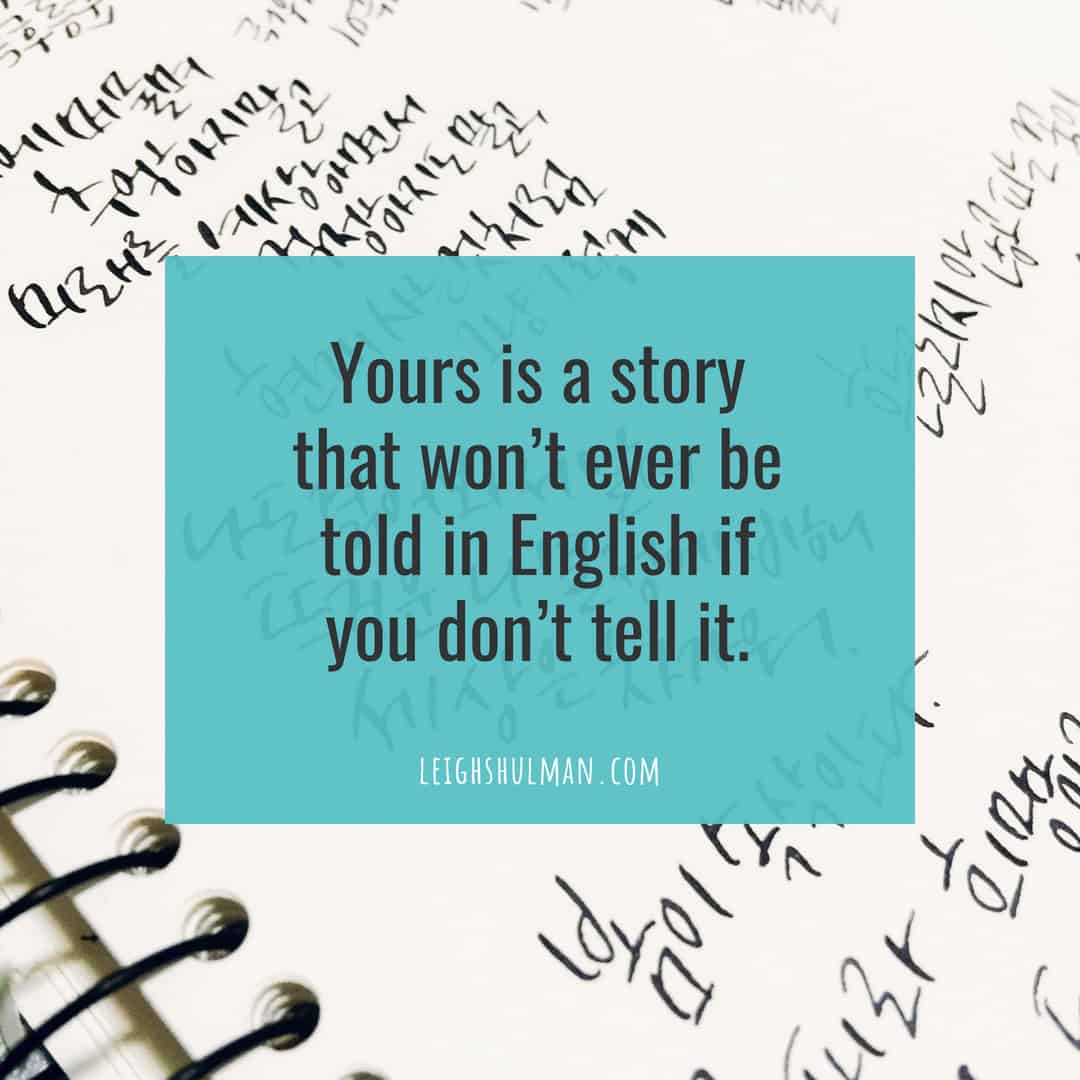I often work with people who want to write in English even though it’s not their lengua maternal, and they always ask if it’s a good idea. Their English writing skills aren’t as strong as they’d like them to be. They worry they’ll look incompetent. Writing in English as a second language — or third or fourth or however many languages you speak — is daunting and scary. It’s so easy to inadvertently say the wrong thing.
Like my friend Abi did.
I met Abi at Kennedy airport while waiting for our flight to Atlanta. She was on route from Tel Aviv, her home town. To pass the time, Abi pulled a diabolo from her bag. Have you heard of it? I hadn’t before meeting Abi. A diabolo is a toy of Chinese origin with two sticks connected to what looks like an egg timer, minus the sand. Like a yo-yo on steroids, you can fling it, toss is, balance it on your body, and do all kinds of tricks.
Abi showed me some of her skills, but when I tried, I was nowhere near as playful or elegant as she had been. The cups landed on the floor or hit me in the face. I spent more time chasing runaway egg timers than anything else.
“What am I doing wrong?” I asked her.
She watched me try a few more times and as the stick flew out of my hand and hit the person beside me, she said: “Your force has too much power.”
She meant to say I was pushing too hard, slow down a bit and take easy, but instead, her words conveyed something a bit different.
I’m reasonably certain no native English speaker would have used her choice of words, but they struck me as incredibly beautiful.
Her words were poetic.
She communicated what she intended to communicate.
She spoke fluidly even if not perfectly in another language.

Speaking and writing in a non-native language has many levels.
After living in Argentina for over a decade, I know what it’s like to communicate in a non-native tongue. It’s awkward and easy to say things you don’t mean. I’ve also learned there are different levels of fluency.
There’s the “I don’t know a damn thing” beginning. I once spent forty-five minutes trying to buy aluminum foil in the supermarket. I described what I wanted in every way I knew possible, but no one understood me. It was frustrating, funny, and I’ll never forget how to say aluminum in Spanish after all that. (Aluminio, by the way. But when I said it in English, no one understood my accent.)
Then you graduate to speaking Restaurant Level. This is when you know words for food, how to say please, thank you, and simple instructions. At this level, you can engage in basic human interactions but you misunderstand a lot.
Over time, you learn to communicate, but you’re still actively translating in your head. This means you probably pause between words and often miss important portions of what people say. I learned quickly how just one word changes everything. “Did you eat?” and “Do you want to eat?” are very different questions and the answer “yes” leads to very different outcomes.
Finally, you learn to tell jokes and even have philosophical conversations. You no longer have to concentrate to understand and you can speak for hours without exhausting yourself.
But writing in a second language is a whole other animal.
Writing is its own act of translation. It takes practice and patience to write in English, because it requires you to take the words in your brain and reform them into sentences on paper. Shifting those words to your non-native language, no matter how fluently you speak, adds another layer of complication and an added opportunity for gaffes. Mistakes are a normal part of the process, but when they happen, it’s easy to feel stupid and doubt your worthiness to tell your story.
If you feel reticent to write in English because you’re not as fluent as a native speaker, I have seven reasons why you should write anyway.
You carry your culture and language into English.
Can someone tell a story about Thailand, Somalia, South Africa, Iran if they aren’t Thai, Somali or South African, Persian? Sure. But it will never be the same as the story of someone born and brought up in the country. You know the idiosyncrasies of your language and culture. You understand the hidden meanings of gestures. You’ll infuse your writing with a subtlety that can only be shared by someone who has lived and breathed a language and country.
Yours is a story that won’t ever be told in English if you don’t tell it.
Communication supersedes grammar and diction.
No one cares when you write in English with perfect grammar but your sentences are boring. A glitch in grammar won’t erase the shine of a sentence conveying a unique idea, a deep thought, a beautiful message.
You can edit mistakes when you write in English.
Everyone makes mistakes. I’ve been speaking English my whole life, but my English writing skills are far from perfect. Learning Spanish has confused my brain into forgetting high school grammar. I make up words — downposit anyone? — and mix spelling between languages.
When I write, I use Grammarly or other tech writing tools to check my work. And when in doubt, I have an editor copyedit for me.

Some language mistakes actually sound better.
Abi’s word choice is a perfect example of how a mistake can add meaning and depth. Her offhanded description left me pondering the nature of how I approach new skills. I jump in with four feet and intensely focused attention. I’m too forceful. Sometimes, it’s better to use a lighter hand. Not just in diabolo but in life.
Had she simply told me to “slow down” or “take it easy” I wouldn’t still be talking about this incident fifteen years later.
The best way to learn to write in English is to do it.
It’s hard. Yeah. I get it. Your words don’t flow as easily. You have to search for what you really want to say. And sometimes, you might sound ridiculous. As with anything else, the more you practice, the more you improve.
You’re a freakin’ magician.
It’s hard as hell to express yourself in another language. It requires you to turn the world on its side and see through a different lens. You reach through what you know in your native language and sort through a kaleidoscope of words and ideas to recombine them in a form those who speak English can understand.
When you write in English, you are an alchemist, a magician, a creator of new forms of language.
You learn not to take life so seriously.
It’s easy to make small mistakes that have a huge impact on meaning. Like the time I walked into a bakery intending to order a dozen rolls and asked instead for a dozen testicles. And let’s not forget the time I wished my friend’s great grandfather a “Happy New Anus” on New Year’s Eve.
When these things happened, I wanted to hide under a table. Now you can’t get me to stop telling the stories. Because making mistakes is a part of life and learning, and there no better way to grow in both than writing in a language not your own.

